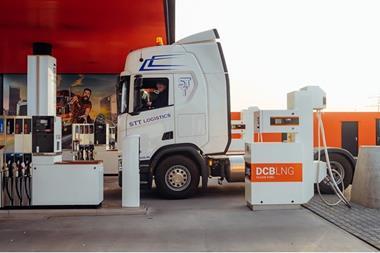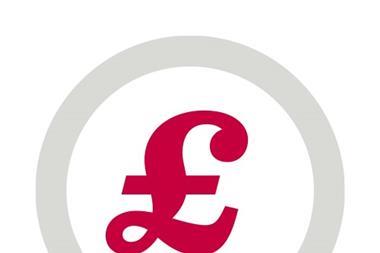Simmering tensions between Iran and the US over attacks on oil tankers in the Gulf came to the boil with the downing of a US drone on 20 June, helping to reverse losses for international oil markets at the end of May and in early June.
Fuel prices at the forecourt were sharply lower on the month, but petrol is falling more slowly than diesel as international gasoline markets were boosted by additional demand from the US Northeast.
After briefly dipping to $60/bl, benchmark Brent crude futures recovered to close out the month at $66.55/bl, up more than $1.50/bl from the end of May.
The markets looked for further guidance from the outcomes of two important economic set pieces; Opec’s July 1 Vienna meeting and the G20 summit in Japan.
At the G20, US President Trump stepped back from escalating the trade war with China, reaching a temporary agreement with Chinese President Xi Jinping to leave current tariff levels unchanged. But there still seems no clear path to ending the trade war that threatens global economic recession. These fears have been the driving force behind the losses on the markets, before the geopolitical fears about disrupted supplies through the Mideast Gulf drove prices higher.
This demand uncertainty leaves Opec members and associate producers such as Russia little choice but to roll over current production agreements at their July meeting. The fine tuning to overall supply can be provided by Saudi Arabia as a swing producer. But the Opec camp have no control over burgeoning US production, particularly for shale oil.
In $/tonne terms, gasoline has commanded a premium to gasoline since March of this year. European refiners are enjoying profitable margins making gasoline after a miserable winter and the product has narrowed the price gap to diesel at the pump to less than five ppl after trading at over 10 ppl at the start of the year. Consumers can expect this delta to widen again in the next few months, as new emission controls in 2020 on marine fuels will cut into diesel supply and gasoline demand falls away with the summer.

































No comments yet